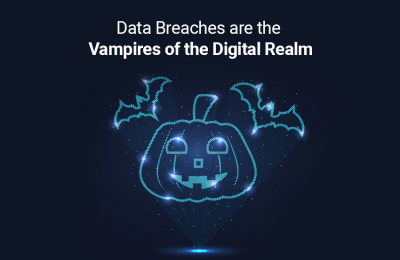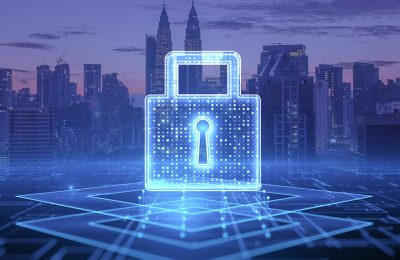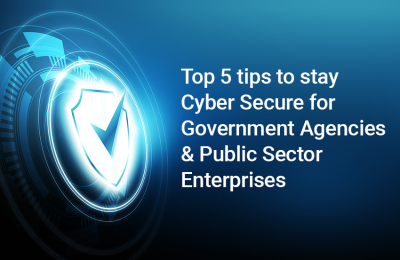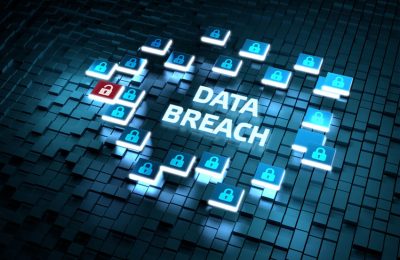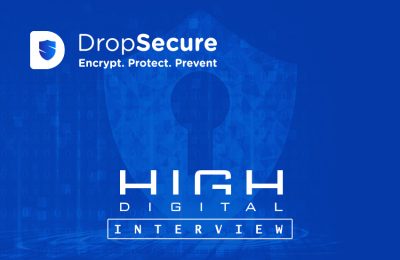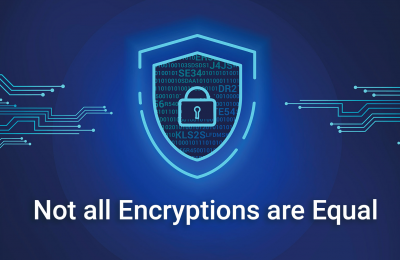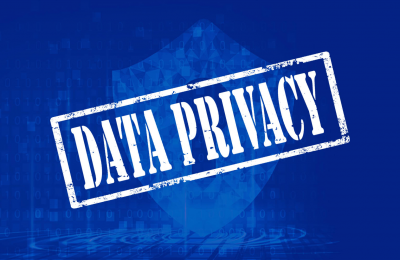According to cyber security firm Kaspersky, DDoS attacks have tripled during the second quarter of 2020. In fact, they jumped 217% year on year (YoY), 20% up from the first quarter. The FBI reported in August that their Cyber Division received up to 4,000 complaints a day. Finally, a report by Interpol showed that a huge rise in the number of cyber-attacks has been observed and recorded in 2020. In a single 4-month period, 907,000 spam messages, 737 malware-related incidents, and 48,000 malicious URLs were detected by a private-sector partner.
This is an alarming rise in cyber-attacks and related activity. What’s clear is that during COVID-19 cyber security has become an essential service.
The chief problem seems to be the work from home protocols established by various companies and organizations. As a result, employees are accessing company servers through their own computers and devices. These aren’t as secure as the ones at their workplaces, of course. Neither are their devices protected by the same rules and regulations that govern workplace behavior. This hasn’t just left multiple access points for hackers and cyber terrorists to exploit, but also created much easier targets.
Phishing Scams Galore
According to the World Health Organization, cyber scammers and hackers have taken advantage of the coronavirus pandemic. They are sending fraudulent emails and WhatsApp messages to spread misinformation. However, this also pertains to URLs that can lead to miracle cures or very cheap DIY tests.
These types of links are often phishing scams which can lead to the compromise of a device. The link allows for a malicious program to be downloaded on to your device which can then grant access to your work server.
According to software company OpenText, 1 in 4 Americans have gotten phishing related emails in their inbox. What’s more the report highlights that most companies and consumers are also falsely confident about their cybersecurity. 95% did recognize phishing as a persistent problem. However, 76% also admitted to opening emails from unknown contacts. 59% blamed it on phishing emails looking more “realistic” than before.
However, 59% believed they knew what to do to keep their data safe. 29% admitted they’ve clicked on a phishing scam this year. 19% also confirmed the receipt of a COVID-19 related phishing scam.
Effects on Small Businesses
It’s clear that more robust work from home protocols/systems are needed to work through the pandemic. Organizations can’t keep dealing with individual instances of fraud or cybercrimes. Small businesses specifically need a secure platform on which to operate.
The normal cloud providers like Amazon and Google or Microsoft don’t provide high level security protocols. For example, none of them provide end to end encryption for your files or mandatory 2-factor authentication. These are essential security features that all cloud platforms should have to keep out intruders.
Luckily, there is a cloud provider out there that offers all this and more. DropSecure’s standard, free plan, offers encryption, protected links, and 2-factor authentication. What’s more, it provides automatic file purging every 7 days.
Get secure with DropSecure cyber security’s 7-day free trial today.

